AS PARISH PRIEST OF PARISH OF HAGGARDSTOWN & BLACKROCK
HOMILY GIVEN BY
CARDINAL SEAN BRADY
SATURDAY 27 NOVEMBER 2010
I met an amazing person yesterday. His name is Father Emmanuel. For the past fourteen years he has been Parish Priest of Gaza. Gaza is a city in south-west Palestine – that is, the Holy Land. It is part of Palestine but surrounded by Israel with which it has been at war for many years. The stress of it all took its toll on Father Emmanuel’s health . So he has had to retire to his native village in another part of Palestine. He has recovered somewhat and now is on an international tour. He has come to Ireland to speak, to quote his own words: “A word of faith – Hope and Love from the Heart of Palestinian Suffering”.
I have myself been to Gaza and I have seen that suffering with my own eyes. The present situation does not promise any quick solution or the end of the occupation that is imposed upon them. And yet they say: “despite the lack of even a glimmer of positive expectation, our hope remains strong”.
I find those words truly inspirational. I find them inspirational because the people of Gaza see that the various talks and visits and negotiations have not brought any change in the situation or the suffering. Even President Obama – who wants to put an end to the tragedy – has not yet been able to change this reality.
But despite all of this – their hope remains strong because it is a hope from God and God alone is good, almighty and loving. They are convinced that God’s goodness will, one day, be victorious over the evil in which they find ourselves.
As St Paul said: ‘If God is for us, who is against us? Who will separate us from the love of God? Will hardship or distress or persecution or famine, or nakedness or pain of sword”. That is St. Paul’s list. We could add a few more of our own – recession, bleak economic prospects, economic depression. Yes, all of these are really depressing and painful and practically unbearable, and yet they cannot separate us from the love of Christ. I say they cannot separate us from the love of Christ because the hope that is within us means, first and foremost, our faith in God and God is love.
Secondly, our expectation, despite everything, is for a better future. Hope is the ability to see God in the midst of trouble and doom and gloom and to be co-workers with the Holy Spirit, who dwells within us. Such people are beacons of hope in the midst of doom and gloom. Being a co-worker with the Holy Spirit to improve things – no matter how desperate – usually involves working with others. It certainly means not giving into evil but standing up to it and resisting it. Here in Ireland we have big problems. Terrible economic problems but really they are not in the same league as the problems which Gaza and the people of Gaza face. And yet I think we could learn something from them about the Spirit of Hope with which they face these difficulties.
I attended a Conference recently in Zagreb in Croatia. We were told that today in certain parts of Europe, one in four pregnancies ends in abortion. People are talking of the population winter – which, if it is not halted, will end up in certain nations disappearing off the face of the earth. Happily, Ireland with its high birth rate is not one of those!
Pope Benedict is determined not to yield to this terrible threat. He is determined to stand up to it and to continue to resist it. That is why he is celebrating this Extraordinary Vigil for all unborn human life tonight. It is timely and inspired. It is a clear call to all of us to work and pray to ensure that the deliberate destruction of human life never takes place, at any moment of its existence. This surely must be one of our great hopes in this Season of Hope.
Tonight we gladly join with this Prayer Vigil for all Unborn Human Life. The vigil is meant to become a cry of all humanity. That cry goes up to God the Father – who is the Giver of all good things. Throughout the world it cries out for every human life to be respected, protected and loved. God entrusts to every woman and man, the task of defending and promoting life. Yes, it involves prayer, liturgy and the sacraments. But, above all, it ought to happen in the daily life of each one of us. It means a spirit of charity towards everyone. – that spirit is shown by our own self-giving and by showing care for all life and for the life of everyone.
One of the great signs of life in the Church is vibrant parish communities. That is, communities which make their faith active and present in service to the poor, in love of neighbour and in prayer for the needs of the world. To facilitate all of that and provide leadership, an active Parish Pastoral Council is essential. I am very pleased that the Rite of Commissioning of the new Parish Pastoral Council is part of tonight’s ceremony. I am also pleased to know that the recently published book Parish Pastoral Council by Debra Snoddy, Jim Campbell and Andrew McNally will be launched next month.
The final part is the Installation of the Parish Priest. I ask you to pray for Father Keenan as he is installed as Parish Priest in this parish of Haggardstown and Blackrock. I also ask you to pray for Father Brennan and for his family. In fact I ask you to pray for all the clergy of this diocese. Pray that by getting to know the love of Christ we may all put on the mind of Christ in order to become servants of Christ and bearers of Christ’s love for all and to all.
Pray that we all unite our lives and our sufferings with the sufferings of Our Saviour, Jesus Christ for the Cross of Christ is our only hope.



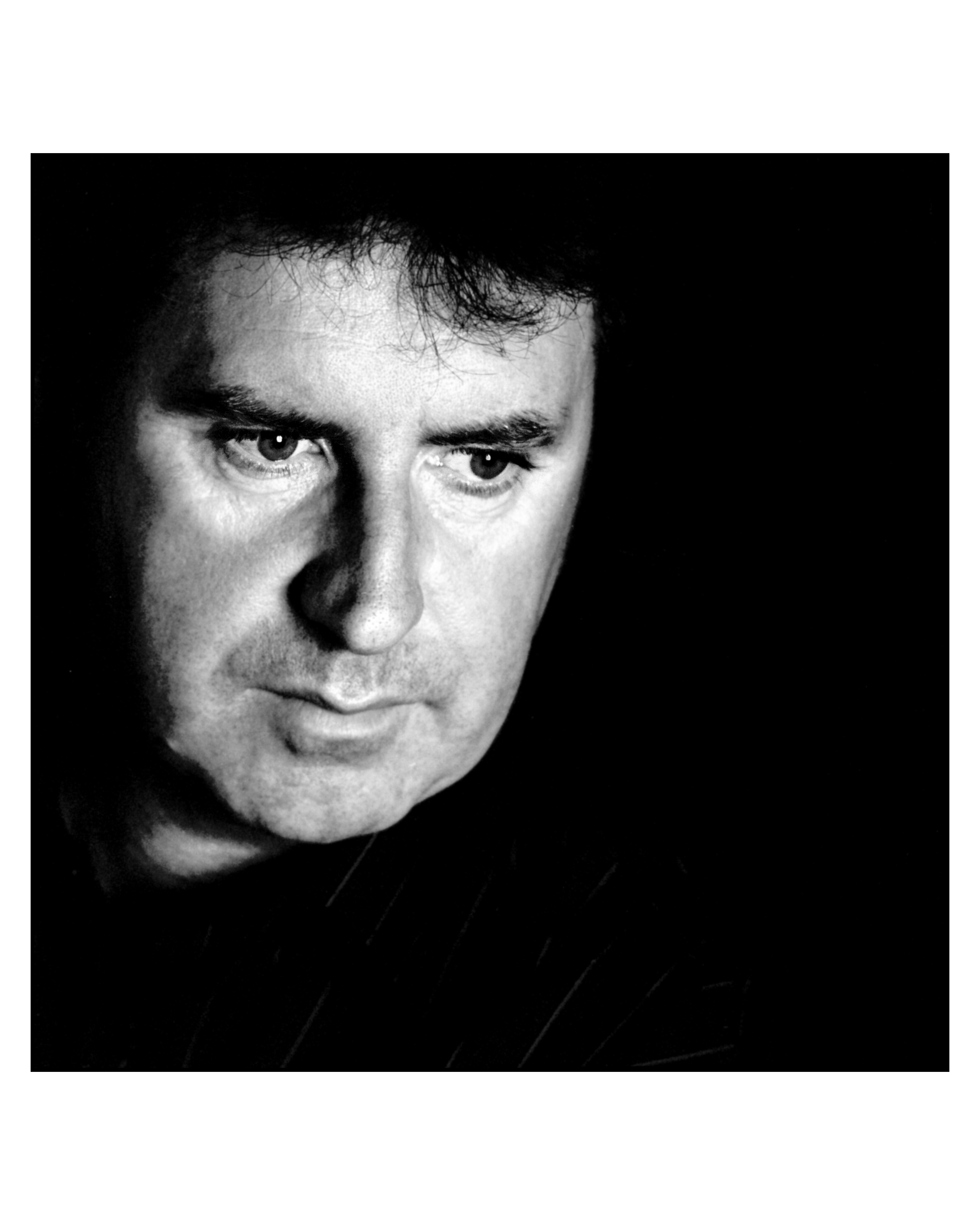
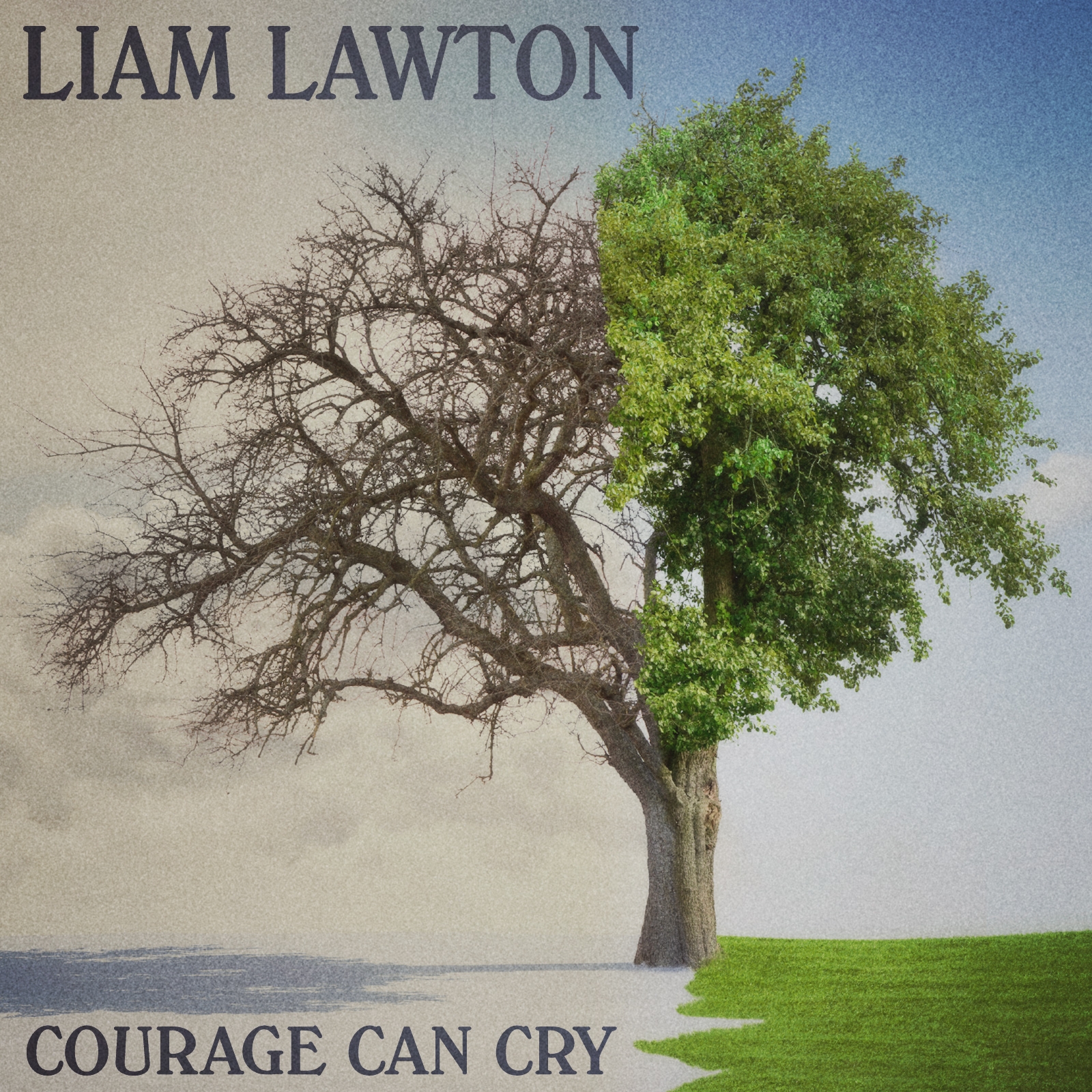 COURAGE CAN CRY
COURAGE CAN CRY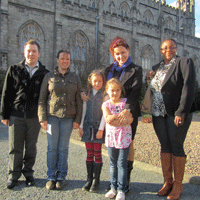
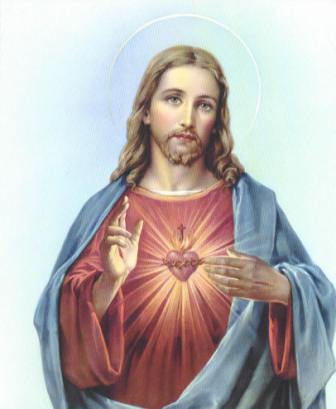
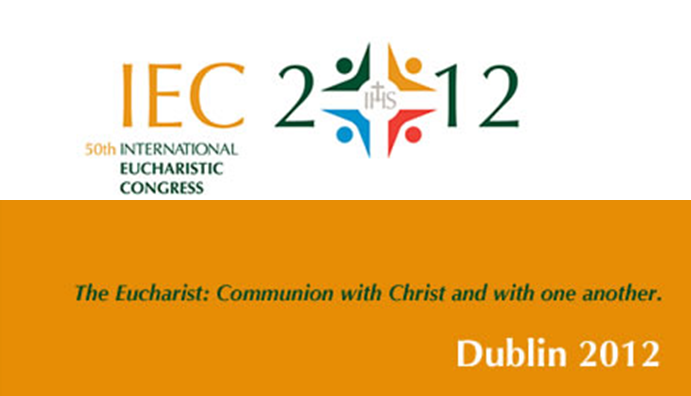
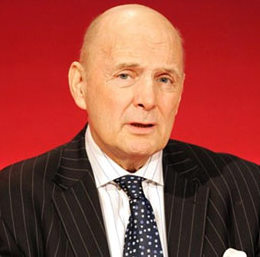
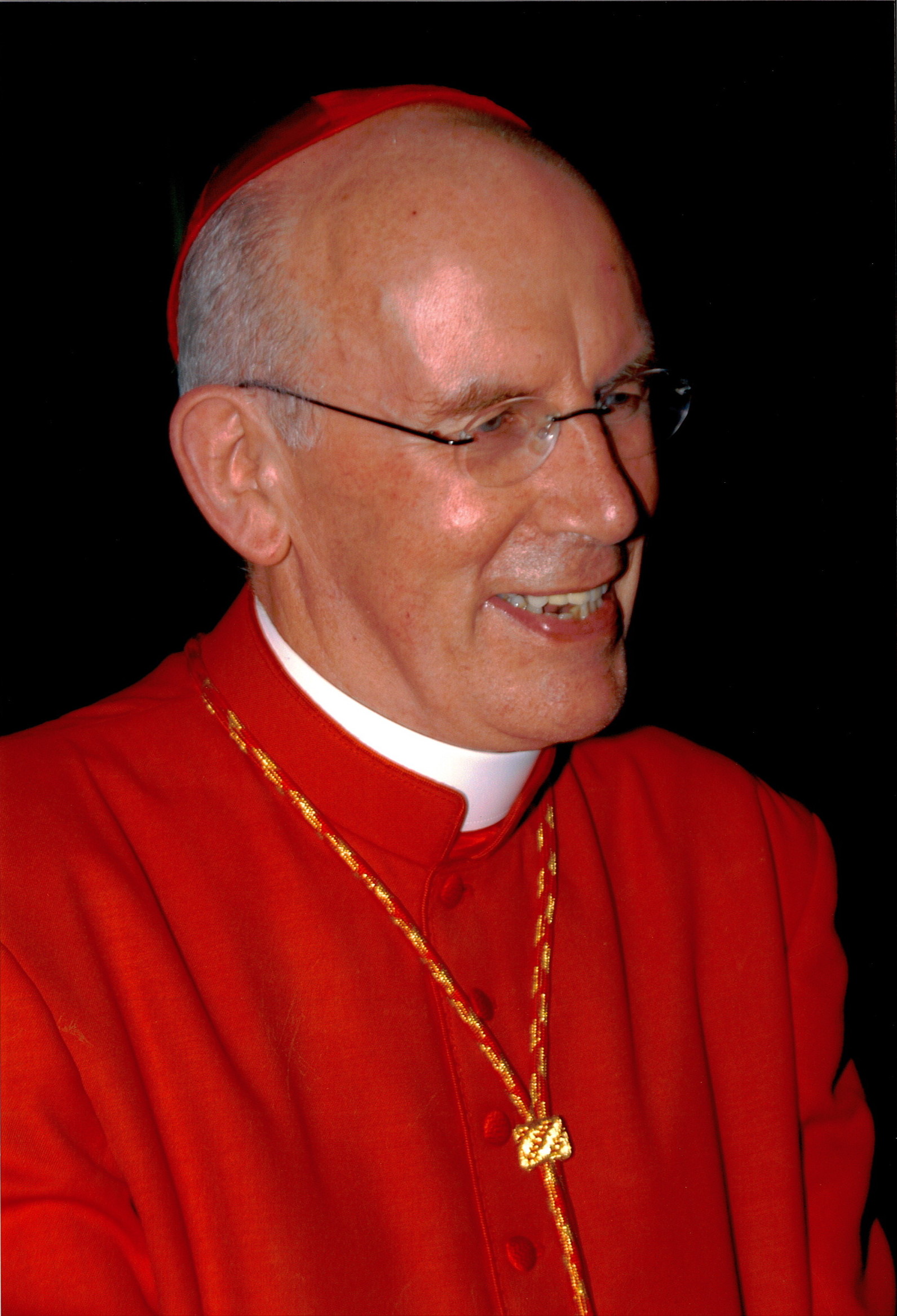
You must be logged in to post a comment.